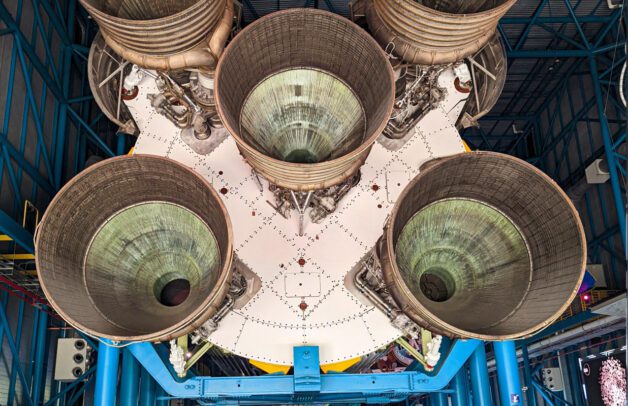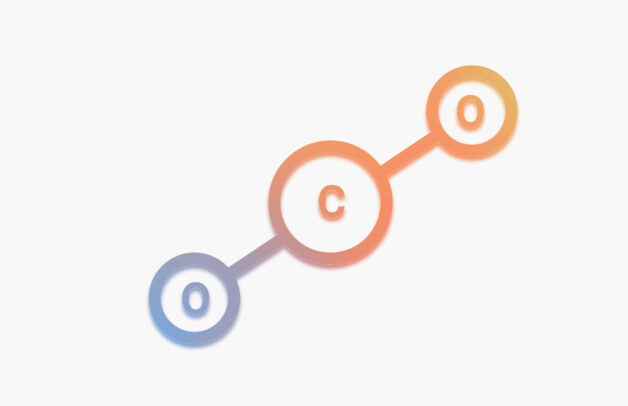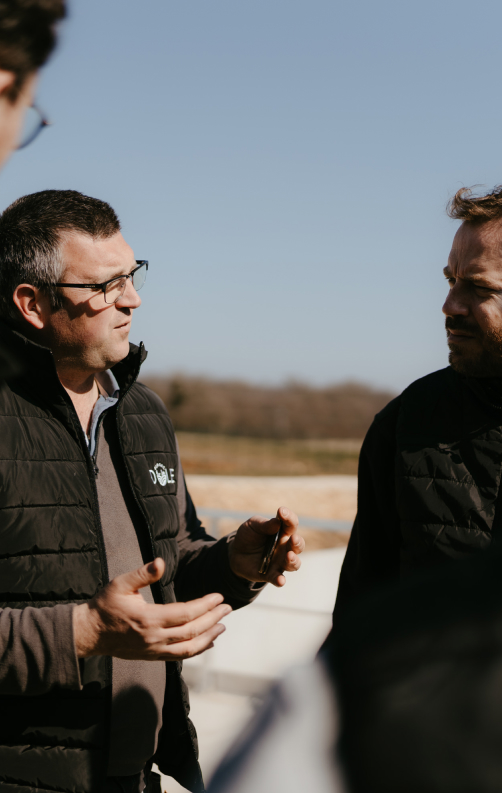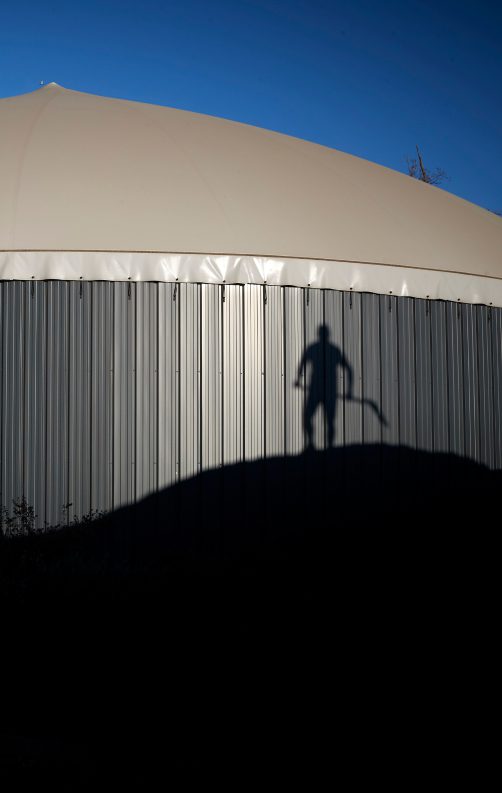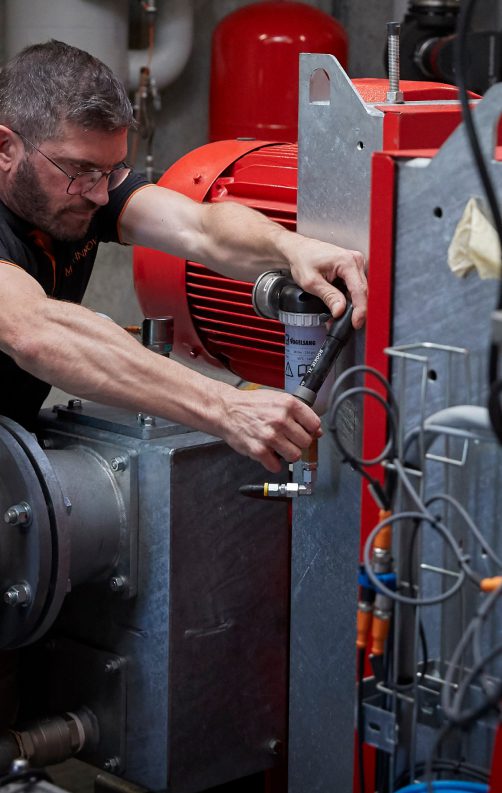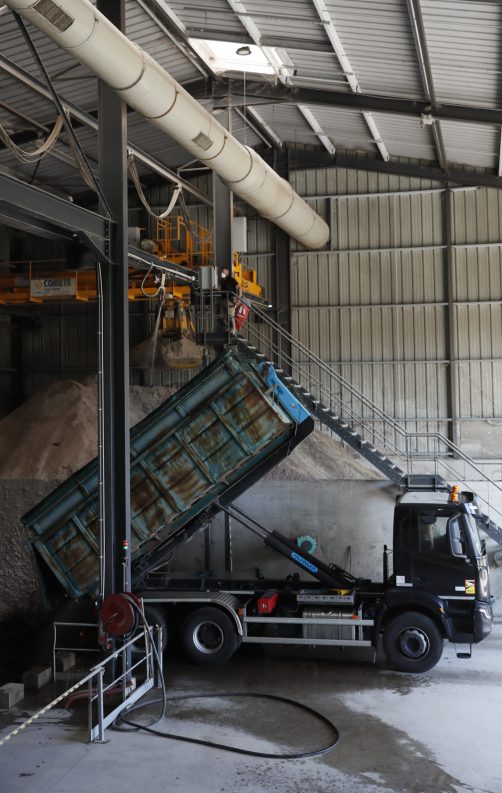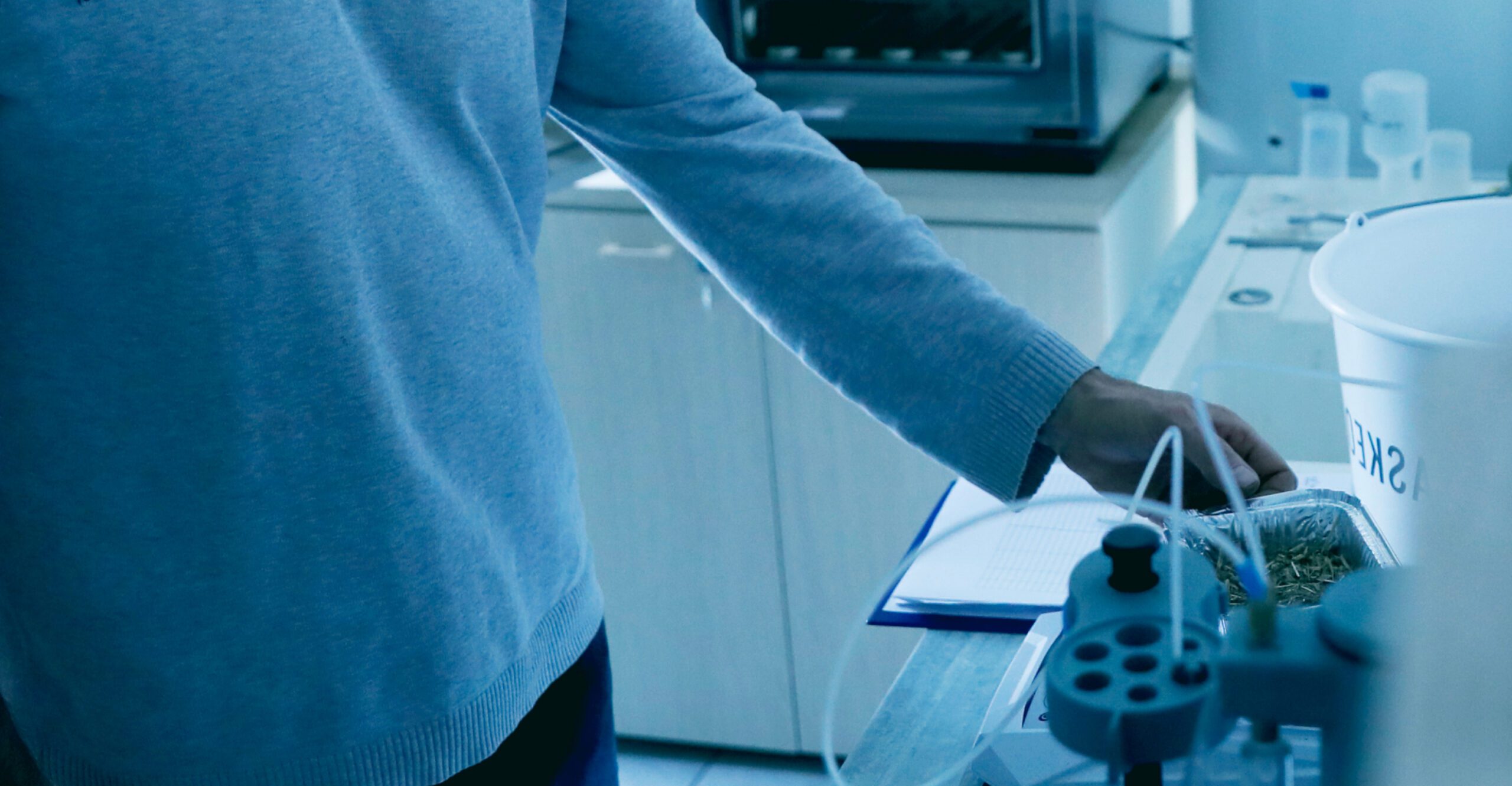Our innovation projects for ever more virtuous methanisation

The biomethane process has many benefits, but there will always be ways to improve it. It’s this desire to continuously improve that drives us to continue honing and on our areas of expertise, seeking out the cleanest, most efficient and most sustainable technologies. By dedicating the necessary time and brainpower, we are gradually making progress.
Our current research
CH4+
How can we maximize production, pre-treat organic matter and extract the largest quantity of gas possible? Thanks to funding from BPI (a French public-sector investment bank), we are able to seek out the answers to these questions. We are currently testing five different technologies on an industrial scale at a fully operational biomethane plant.
FLEXIMIX
Funded by ADEME (the French Agency for Ecological Transition), FLEXIMIX is an innovative pre-treatment system for more complex feedstocks in the biomethane production process, developed following several years of R&D. This system helps tackle problems related to pre-digestion, homogenization, grinding and removal of unsuitable material from feedstock. The aim of the project is to create a sales demonstrator that can be used to certify the operations performed by the project and launch across French and international markets.
FLEM
Developed in partnership with SOLAGRO, CLARKE ENERGY and SMASH and funded by ADEME (the French Agency for Ecological Transition) and biogas company NASKEO, FLEM (Biomethane plant electrical flexibility) aims to improve the integration of biogas plants within the French national grid. The roll-out of wind and solar power plants across the grid has increased the need for flexibility. The project will test and analyse different solutions to enhance the flexibility of electrical installations’ operations and help them improve their economic model.
BIOGAZ RIO
Run in partnership with INRAE (the French National Research Institute for Agriculture, Food and the Environment), GAEC Vallons, GAEC Anchottes and Methasec, and funded by the Occitania region, INRAE and biogas company NASKEO, the BIOGAS RIO project aims to improve the industrial performance of sites using discontinuous dry technology. It is being deployed across three plants that have been specially equipped to quantify and analyse garage-digester production. The project is focusing on two areas of research: the optimization of the pre-composting stage and the management of batch anaerobic digestion to maximize methanogenic potential. A practical guide will be published to share the results of the project with the rest of the industry once complete.
ARIANE – CNES
Developed by TER’GREEN and CNES (the French government’s space agency), the BI-FROST project aims to fuel the Ariane launchers with biomethane. It is being carried out in Guyana and looks specifically at developing a process to produce the gas qualities required by the aerospace industry.
Carbon dioxide capture and recovery
Carbon dioxide is a well-known greenhouse gas that makes up part of the earth’s atmosphere. It is also a molecule renowned for its physico-chemical properties, which have a number of high-value uses. The biological process of feedstock fermentation in biomethane plants produces carbon dioxide. The composition of biogas is 55% methane, 45% carbon dioxide. Once the biogas is purified, the carbon dioxide is almost pure and readily available. The capture and recovery of this high-quality biogenic carbon dioxide has major economic and environmental benefits.
